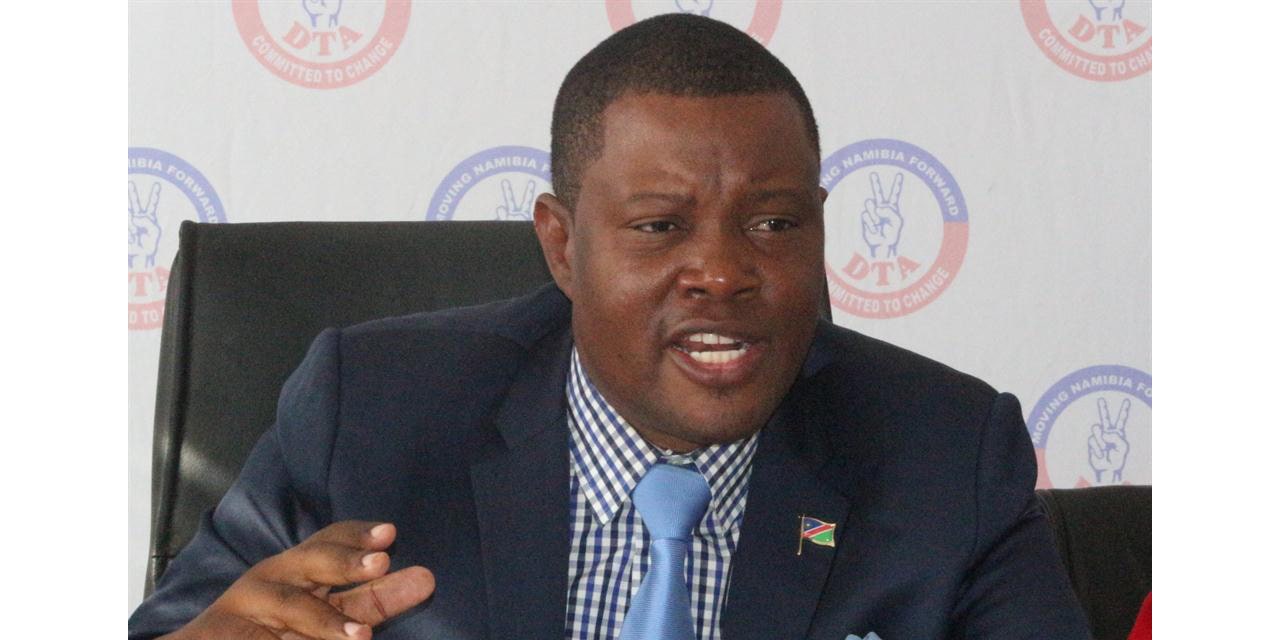Stefanus Nashama
The Popular Democratic Movement (PDM) Leader, McHenry Venaani says the increase in electricity tariff would only exacerbate the dire economic situation that countless Namibians find themselves in and harm those who are already struggling to make ends meet.
This comes after the Electricity Control Board approved an 8.97 percent increase in electricity tariffs for the current financial year, which resulted in a total bulk tariff increase from the current N$1.82 to N$1.98 per kilowatt-hour.
Venaani said electricity is a fundamental necessity to society, and any increase in tariffs would disproportionately affect the most vulnerable members of society.
“This unwarranted increase as the rising cost of living and high unemployment rates, particularly among the youth of this country have placed an unbearable burden on households, making it almost impossible for them to cope with additional expenses as this may lead to disconnections and reduced access to essential services,” he said.
Venaani emphasized that the increase in electricity tariffs may have negative impacts on health, education, and economic opportunities, and severe consequences on other sectors in the country.
He indicated that the decision made by the Electricity Control Board was socially regressive and that the administrative process leading to such a decision was flawed and irrational.
The Electricity Control Board has effectively licensed and authorised NamPower to bleed consumers dry, he added.
In his condemnation, Venaani reiterated that: “As a society, we cannot afford to bear the brunt of another electricity tariff increase that could potentially exacerbate the already financially crippling economic situation”.
Venaani appealed to the Government, NamPower and the Electricity Control Board to always consider the vulnerable society before increasing electricity tariffs.
He has since urged the Government and utility companies to ensure that electricity tariffs are affordable and do not disproportionately burden the average Namibian.
Last week, the Electricity Control Board Chief Executive Officer, Robert Kahimise said that, compared to other electrical generation sources, electricity is generated relatively cheaply at Ruacana. Therefore, less generation at Ruacana means increased generation of power from expensive alternatives or imports at higher costs.
He also indicated that the electricity that was not generated at Ruacana as anticipated during the previous period was replaced by imports at a higher cost.
However, Kahimise blamed the underperformance of the Ruacana Hydro Power Plant as one of many contributing factors to the high cost of electricity imports, which leads to a higher tariff under-recovery.
As the tariff has increased above the current inflation rate of 6.1 percent (April 2023) at 8.97 percent, it may put further pressure on future inflation which will also lead to an increase in the prices of goods and services in the country.
Kahimise revealed that the government through the Ministry of Mines and Energy have established a Technical Committee to ensure that the security of the electricity supply in Namibia is maintained.




